Question And Answer
Publications
Articles, publications, books, tools and multimedia features from the U.S. Institute of Peace provide the latest news, analysis, research findings, practitioner guides and reports, all related to the conflict zones and issues that are at the center of the Institute’s work to prevent and reduce violent conflict.
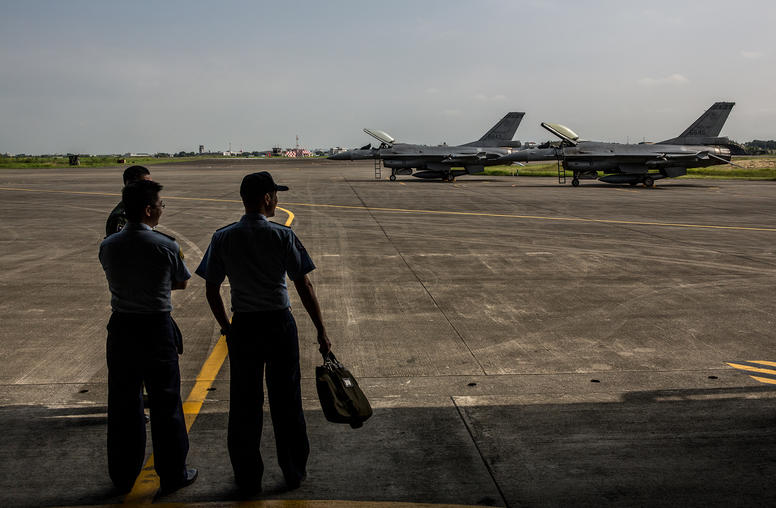
Three Takeaways on U.S.-China Relations After the Shangri-La Summit
Defense ministers from around the world gathered in Singapore last weekend for the annual Shangri-La Dialogue, a forum for discussing security challenges in Asia and an opportunity for high-ranking security officials to engage in bilateral talks. However, U.S. Secretary of Defense Lloyd Austin did not meet with his Chinese counterpart, Li Shangfu. Beijing suspended formal military-to-military meetings last August following then-Speaker of the House Nancy Pelosi’s visit to Taiwan. Since then, U.S.-China tensions have only ratcheted up, particularly following revelations this February that a Chinese surveillance balloon was hovering over U.S. territory.
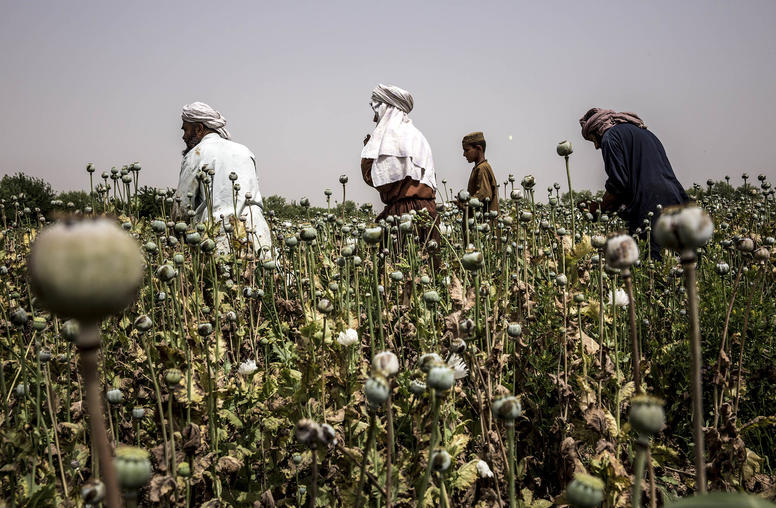
The Taliban’s Successful Opium Ban is Bad for Afghans and the World
The Taliban have done it again: implementing a nearly complete ban against cultivation of opium poppy — Afghanistan’s most important agricultural product — repeating their similarly successful 2000-2001 prohibition on the crop. But the temptation to view the current ban in an overly positive light — as an important global counter-narcotics victory — must be avoided. This is particularly true given the state of Afghanistan’s economy and the country’s humanitarian situation. Indeed, the ban imposes huge economic and humanitarian costs on Afghans and it is likely to further stimulate an outflow of refugees. It may even result in internal challenges for the Taliban itself. And, in the long run, it will not have lasting counter-narcotics benefits within Afghanistan or globally.
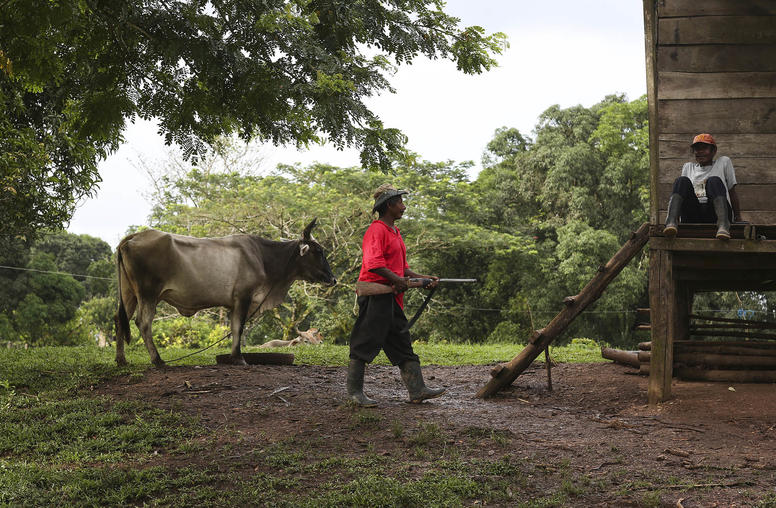
Earth’s best defenders are Indigenous. They pay a price: violence.
Little noted by the world, warfare in India’s northeastern state of Manipur this spring has killed hundreds of Indigenous people and uprooted more than 35,000 residents. This violence along the India-Myanmar border fits a global pattern, also little noted: For decades, some 80 percent of human conflicts have smoldered in the “biodiversity hotspots” where our planet’s flora and fauna are most threatened by battles for resources and wealth — and where Indigenous peoples suffer the violence while protecting humanity’s common ecological heritage. We should strengthen the world’s inadequate public attention and policies on this crisis, and 2023 offers a chance to do so.

Brazil’s Lula Looks to Revive Regional Cooperation — But He’s Got Critics
As the leader of Brazil, South America’s largest country — biggest by far in area, population and GDP —President Luiz Inácio Lula da Silva has enormous clout and the ambition to match. Six months into his third term in office (after a 12-year absence) the gregarious Brazilian leader — known around the world simply as “Lula” — has jumped eagerly back onto the world stage as a champion of the Global South.
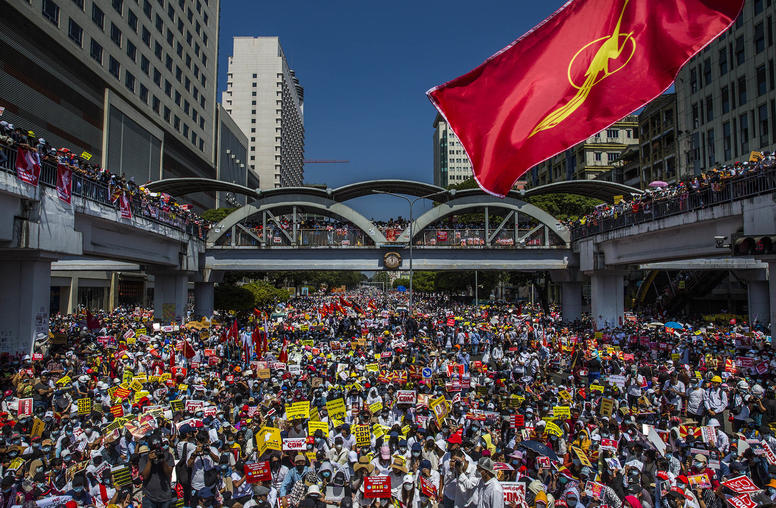
Like Ukraine, Myanmar Deserves International Aid
Over decades of brutal military rule, Myanmar’s generals have sometimes shifted tactics but relied on one consistent strategy to ensure their grip on power — fomenting divisions within the population and fueling intercommunal violence. That repeated ploy finally failed in the upheaval that followed the 2021 coup. Today, the country has embraced an historic unity that brings together virtually every ethnic and political strand to oppose the ruling junta. Like Ukrainians, Myanmar's people are courageous, spirited and united, and willing to make great sacrifice in their fight for democracy.
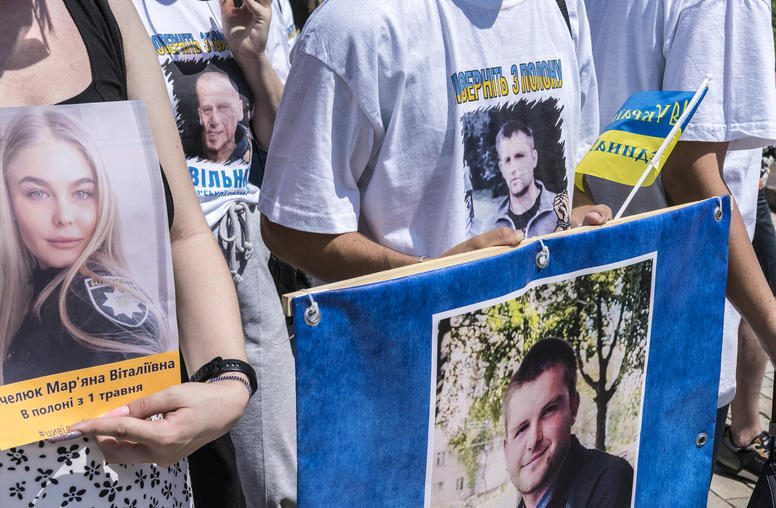
15 Months on, Ukrainians Remain United on Freedom, Rule of Law
Two days into Ukraine’s unfolding counteroffensive, a soldier just back from one of the first probes into Russian defensive lines called me on WhatsApp, giddy with excitement, to report his unit’s unexpected success. “We were told to push them back 600 meters,” he said, “but we got so little resistance, we pushed them back six kilometers! The Russians were soft!”
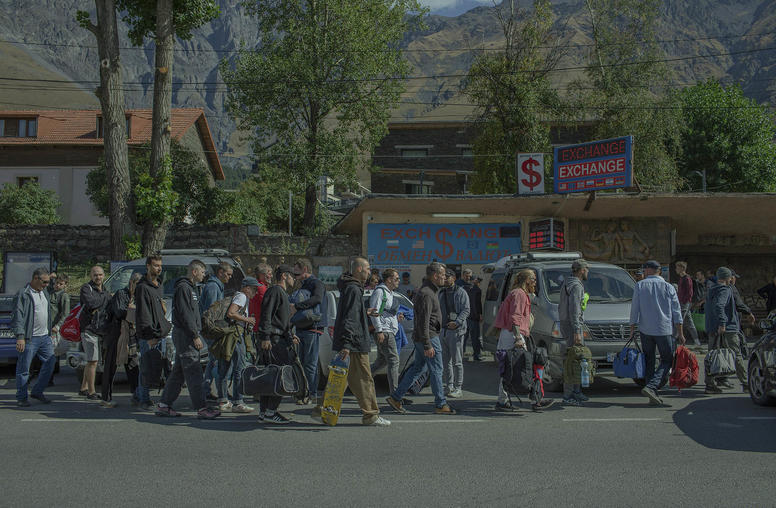
For a Future Peaceful Russia, Engage its Exiles Now
To pursue his war on Ukraine, Vladimir Putin has crushed the last of Russia’s once-vibrant civil society. He has imprisoned some 20,000 dissidents, throttled all independent media — and triggered an exodus of perhaps 1 million Russians, many of them young, educated and technically skilled. As the West helps Ukrainians’ immediate struggle to survive, any long game to defeat Putin’s assaults on Ukraine, international law and peace requires that we cultivate, not isolate, this new Russian diaspora. Whenever Russians become able to shape their country’s future after Putin, the new exiles will be potential allies of democracy and rule of law.
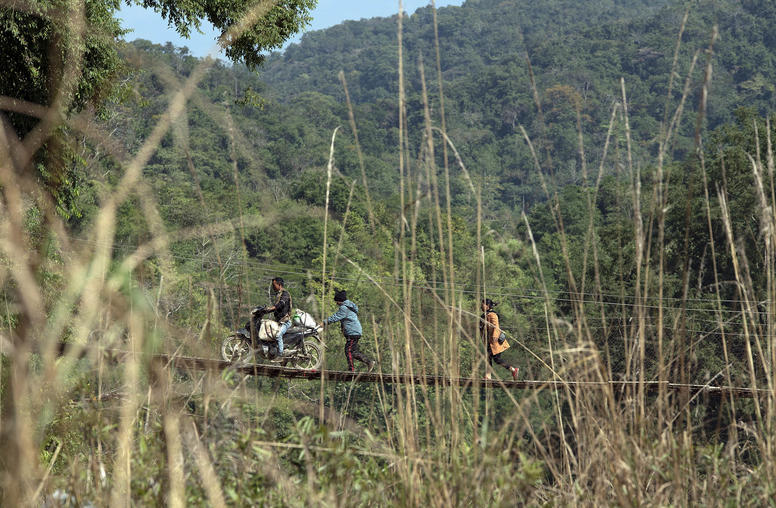
Time is Running Out for India’s Balancing Act on the Myanmar Border
India has had a simmering crisis on its northeastern border since the Myanmar military’s February 2021 coup d’état. Over 50,000 civilians have fled across the border from Myanmar’s Chin State and Sagaing Region into India’s northeast. New Delhi has maintained a delicate balancing act, allowing refugees into the country but refraining from political pressure on the junta and its State Administrative Council (SAC). However, as the situation in Myanmar continues to worsen, India will need to rethink its position before the fallout seriously threatens its interests.
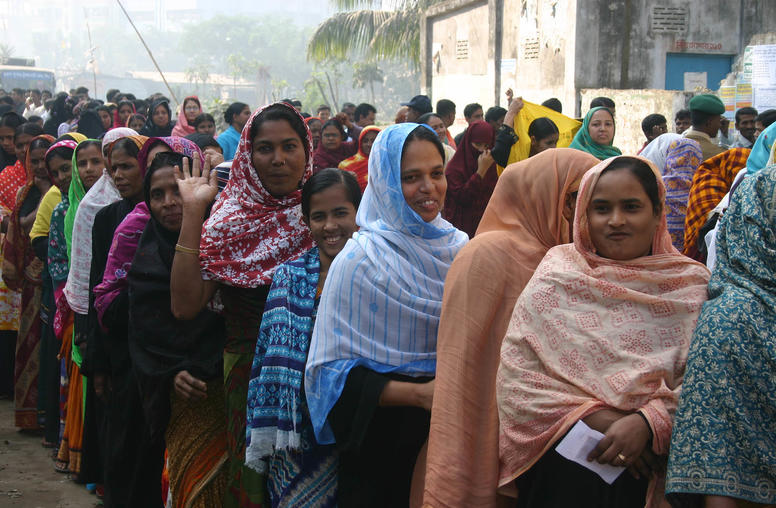
Three Things to Watch as Bangladesh’s National Election Season Heats Up
Bangladesh is increasingly recognized as an important player in Indo-Pacific competition, but its tumultuous domestic politics are now drawing attention with parliamentary elections due by January 2024. Economic crisis and opposition mobilization threaten to unseat the ruling Awami League (AL), which faces escalating American pressure to prove its democratic credentials after 15 years in power. The primary opposition party, the Bangladesh Nationalist Party (BNP), is currently boycotting the next national contest until Bangladesh’s election administration is reformed. On the streets, violence is rising between and within parties while voter disillusion has grown amid years of political intransigence.
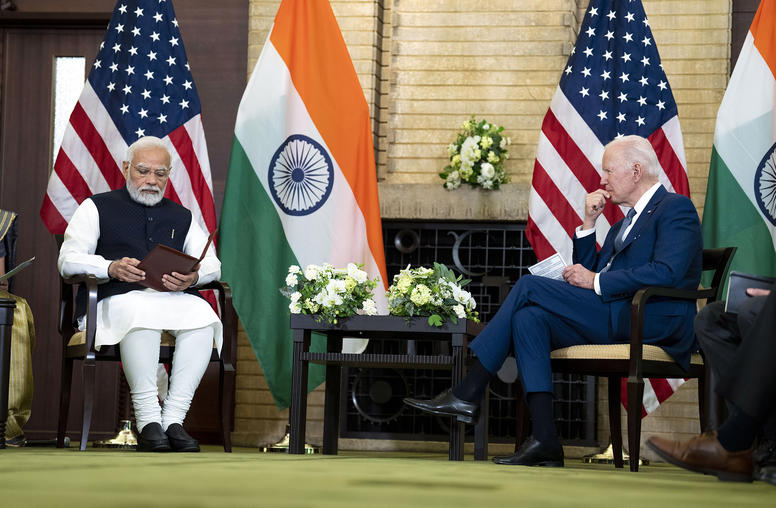
Modi’s Trip to Washington Marks New Heights in U.S.-India Ties
Against the backdrop of tightening U.S.-India ties, Indian Prime Minister Narendra Modi heads to Washington this week for an official state visit — only the third President Joe Biden has hosted since taking office. The bilateral relationship has soared to new heights in recent years, particularly on economic, technological and defense issues. Underpinning these developments is both sides’ desire to counter China’s effort to project power and influence across the Indo-Pacific region. While Washington and New Delhi have their disagreements on issues like Russia’s war on Ukraine and human rights, they see the relationship as too strategically vital to be jeopardized by these differences.